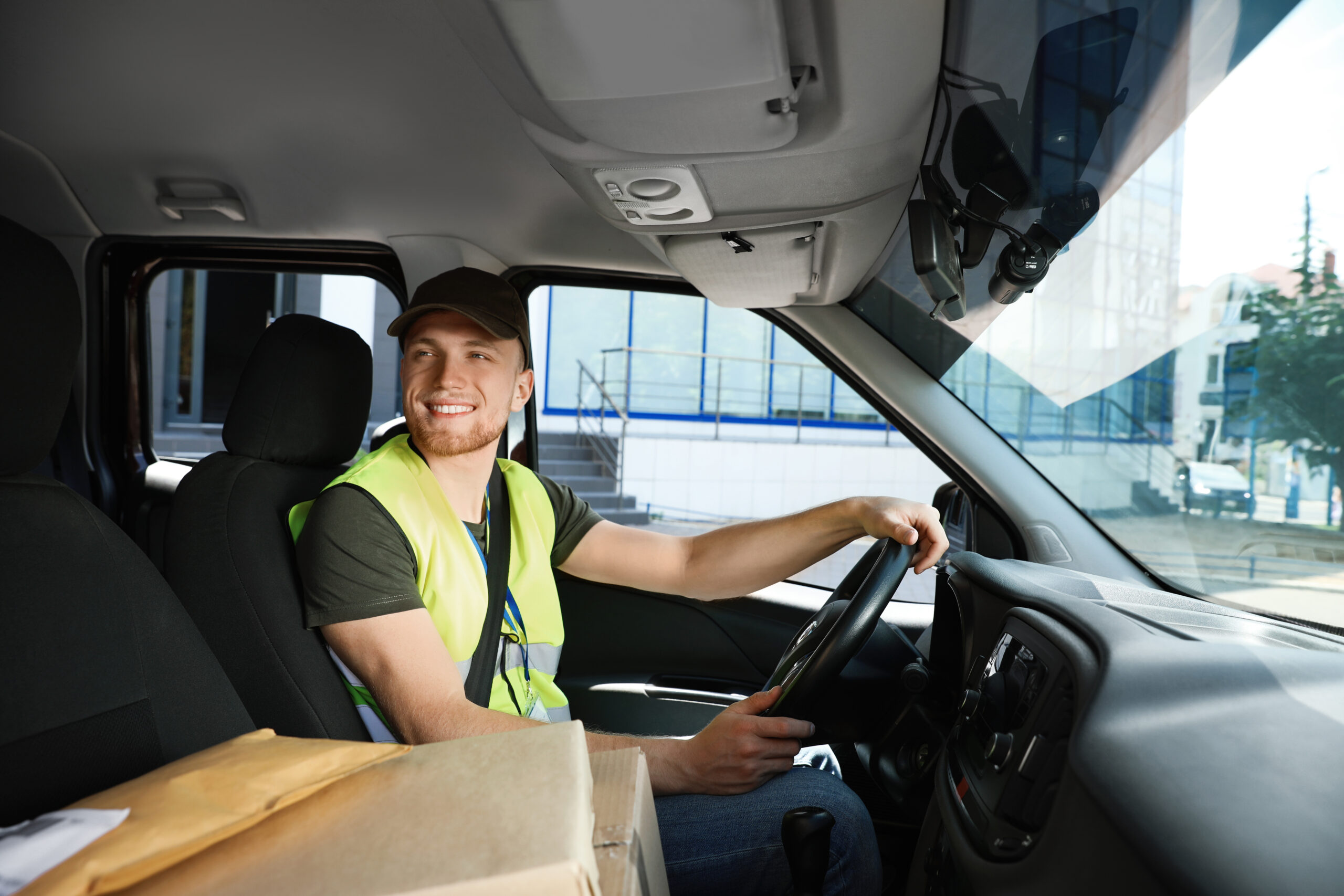Efficient shipping operations are the backbone of e-commerce businesses. It ensures that your customers get the products they paid for on time and in pristine condition. As a result, shipping has a direct impact on customer satisfaction, brand loyalty, and long-term profitability.
However, establishing streamlined logistics is easier said than done, particularly when shipping across the globe.
Fluctuating carrier rates, inventory mismanagement, and limited package tracking capabilities, combined with manual processes and disjointed workflows, make it challenging for growing e-commerce brands to master fulfilment.
Smart shipping solutions help navigate these roadblocks by bringing new capabilities to your online store’s logistics. Through automation, real-time tracking, and data analytics, these technologies are reducing shipping costs while minimising costs.
In this article, let’s look at four ways the latest smart shipping solutions can help you elevate your e-commerce business operations.
1. Hyper-personalised route optimisation
Delivery routes, especially as the package approaches its destination, are dependent on real-time variables, including traffic conditions, delivery preferences, and fulfilment locations.
Traditionally, last-mile shipping executives would receive static route plans, which remain unchanged despite unforeseen difficulties in the field, such as a blocked highway. This can lead to delayed delivery and decreased customer satisfaction at times.
Hyper-personalised routes can be generated by integrating AI with existing routing technologies that break down regions into granular delivery zones based on order density, customer behaviour, and service levels.
It is particularly useful for e-commerce companies with multiple decentralised hubs. If your online store leverages micro-fulfilment, hyper-personalisation will recommend a unique route from each shipping hub to the customers, maximising efficiency.
Smart route optimisation solutions can also utilise AI to monitor the weather and anticipate disruptions before they occur. You can make alternate fulfilment plans and inform the customers about a potential delay ahead of time.
These technologies can reduce fuel consumption, cut delivery times, and optimise the daily workload of the shipping executives. Growing e-commerce brands can focus on scaling up operations while upholding their service quality.

2. Real-time asset-level IoT tracking
Typically, local or international shipments are tracked in bulk. There would be a common barcode for a large container with multiple packages, which indicates the broad location of the goods in transit.
While it is effective and economical for transporting non-perishable items, it can be problematic, particularly when shipping fragile or perishable products. This increases the risks of identifying potential faults in the supply chain and ensuring customer satisfaction.
The Internet of Things (IoT) solves this problem by monitoring the vitals of the package or the products through sensors. The vitals refer to measurable physical conditions, such as temperature, humidity, shock (measured as G-force), and location.
Your e-commerce team can track the goods’ health in real-time and address potential issues before they affect the customer.
For instance, if you are selling bodybuilding supplements, you can track the moisture content in the packages in real time. Any deviation in the humidity levels will send a notification to you, enabling you to handle the situation effectively.
Additionally, you can integrate the data into your e-commerce fulfilment application to send the relevant details to the customers. They will get peace of mind that their units are traveling safely and will appreciate you for the extra transparency.
3. Blockchain-based e-documentation
Every international e-commerce store must maintain multiple shipping documents, such as invoices, customs forms, and bills of lading. These files share details with various supply chain governance officials to keep the package moving forward.
In a traditional sense, these documents are prone to tampering and human error. Criminals and malicious agents can modify these documents, and your in-house team may make honest mistakes, potentially disrupting your shipping operations significantly.
Blockchain-based e-documentation replaces traditional supply chain documents with secure, digital logs stored on a decentralised ledger. As each transaction or data entry is timestamped and encrypted in a tamper-proof record book, your fulfilment operations become more efficient.
Moreover, blockchain accelerates various cross-border verification processes. Customs and logistics authorities can quickly evaluate your packages and clear them for onward shipment. It also supports smart contracts, which trigger automated actions, such as releasing goods once predefined conditions are met.
Ultimately, it enhances your internal processes’ resilience. No team member can independently alter or modify records without consensus. This significantly reduces or eliminates the risk of document tampering and duplicate entries, building trust among your buyers.

4. Smart last mile via autonomous vehicles
Last-mile fulfilment operations usually happen one package at a time. Delivery executives can spend hours completing one shipment, reducing the efficiency of your supply chain operations.
Smart solutions, such as self-driving vehicles, drones, and robots, can be used to streamline the final leg of e-commerce fulfilment. These technologies leverage AI, GPS, and sensors to ensure the goods are delivered to your customers on time.
Apart from reducing labour costs, this smart shipping solution is key for expanding service hours.
Your brand can ship products around the clock from your micro-fulfilment centres. It unlocks faster deliveries and flexible delivery windows, something today’s e-commerce consumers expect.
Adopting autonomous delivery technologies will also elevate your online store’s brand authority within your niche. Leveraging advanced solutions to elevate your services signals innovation and a commitment to sustainability, considering that delivery drones are predominantly electric.
Currently, enhancing last-mile delivery via autonomous vehicles is only viable in selected urban and suburban areas. These areas usually have dense and slow-moving traffic, making this smart shipping solution most impactful.
Wrapping up
Streamlined shipping is crucial for efficient e-commerce operations, especially when selling products across borders. It defines delivery speed, supply chain expenses, and customer satisfaction, which are critical for running a successful online store.
Various smart shipping solutions make cross-border shipping efficient.
Hyper-personalised route optimisation adapts delivery courses using AI and predictive data for quicker and leaner fulfilment. IoT sensors can be leveraged to track packages and products on a granular level, increasing shipment visibility, agility, and customer trust.
Blockchain can be utilised to digitise e-commerce documentation, thereby streamlining cross-border customs and logistics. Finally, last-minute smart delivery technologies, such as autonomous drones, can expedite fulfillment and extend delivery hours.







